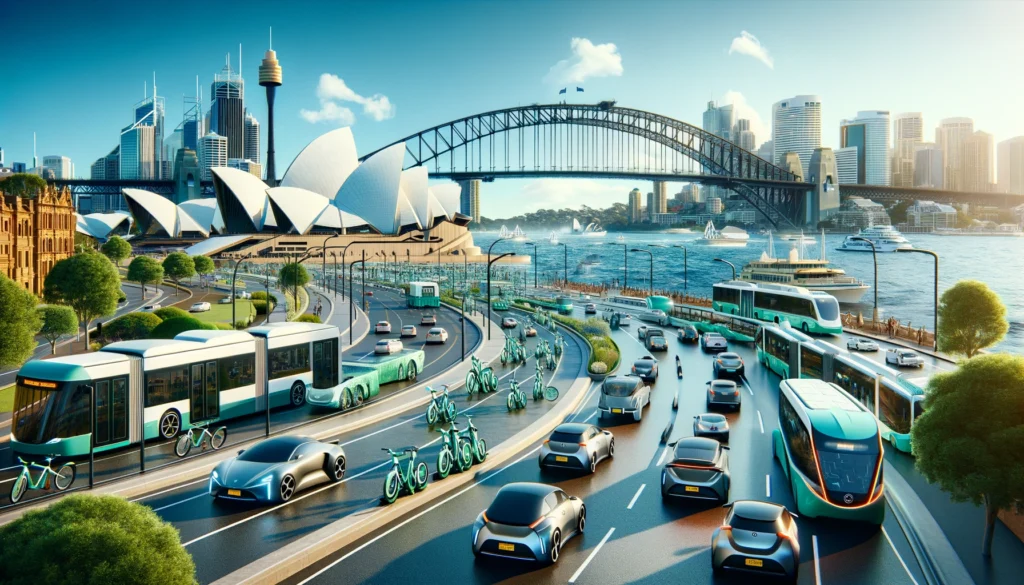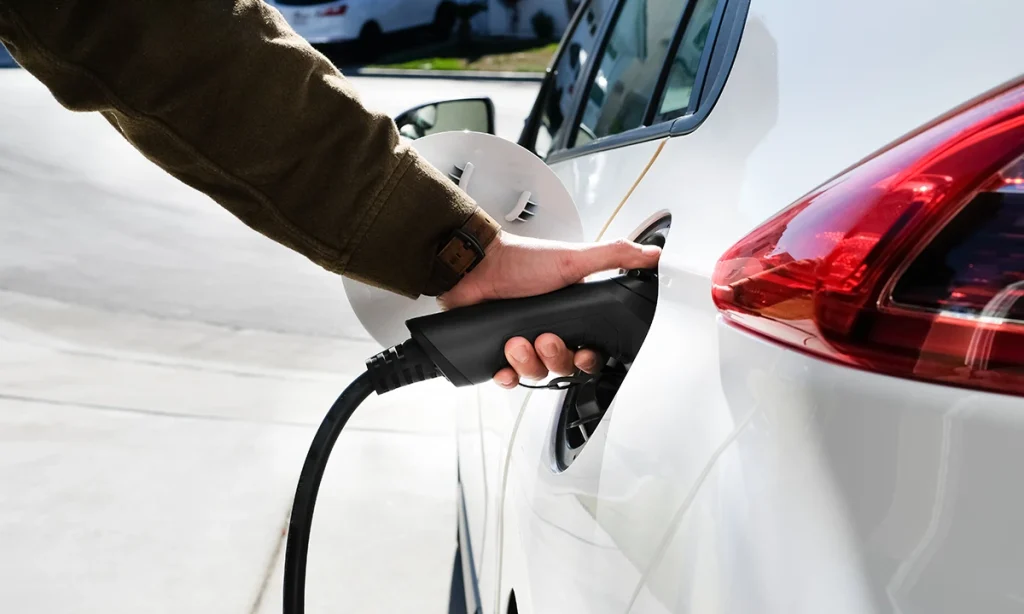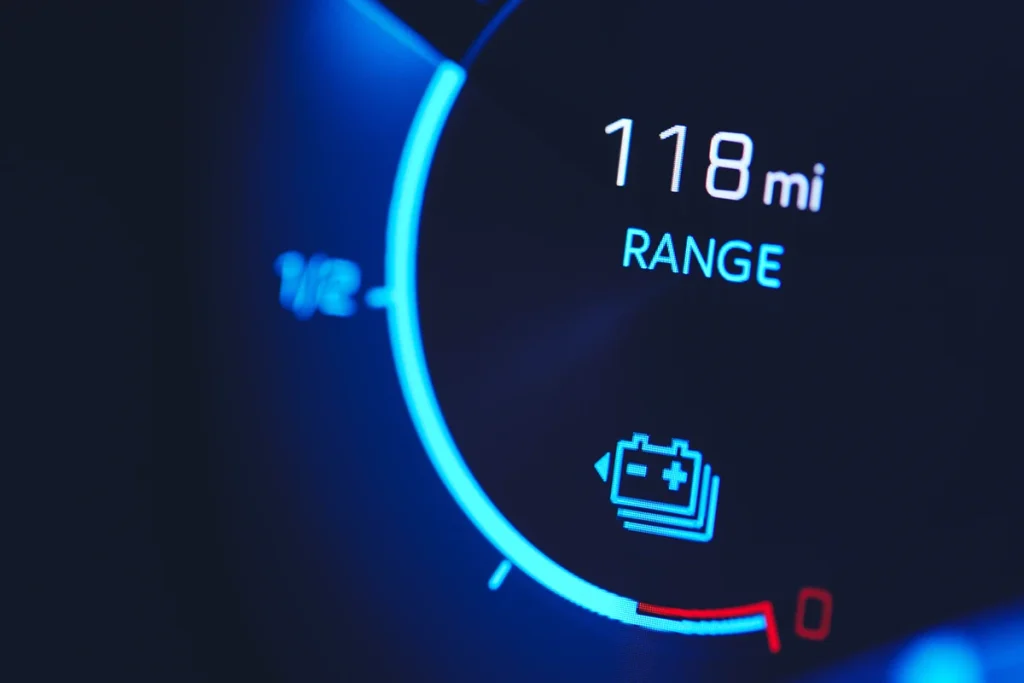Sydney, the capital city of New South Wales (NSW), is taking a significant step towards promoting cost-effective and sustainable transportation choices by rolling out up to 50 electric vehicle (EV) charging stations across crucial transport hubs. This initiative, led by Transport for NSW in partnership with Australian-owned charge point provider JOLT, aims to provide commuters with convenient electric vehicle charge options.
Addressing the Growing Demand for Electric Vehicles
Electric vehicles (EVs) have gained considerable popularity in recent years as individuals and governments alike recognize their environmental benefits. With zero tailpipe emissions, EVs offer a cleaner and more sustainable mode of transportation, helping to combat air pollution and reduce greenhouse gas emissions. As the demand for EVs continues to rise, the need for accessible and convenient charging infrastructure becomes paramount.
Integration with Transport Hubs
Recognizing the synergy between transportation hubs and electric vehicle charging, the Sydney government has strategically installed more charging stations at key locations across the city’s transport network. These hubs include major train stations, bus interchanges, and ferry terminals, ensuring that commuters have easy access to charging facilities while they travel or park their vehicles.
By integrating charging stations into existing transport hubs, Sydney aims to encourage the adoption of electric vehicles and make sustainable transportation a seamless part of people’s daily lives. This initiative not only supports the city’s environmental goals but also enhances the overall commuting experience for residents and visitors.
Benefits for Commuters and the City
The increased availability of charging stations in transport hubs offers a range of benefits for both commuters and the city as a whole:
1. Convenience: Commuters can conveniently charge their electric vehicles while using public transportation, eliminating the need for separate trips to dedicated charging stations.
2. Reduced Range Anxiety: The presence of charging infrastructure at transport hubs helps alleviate range anxiety, a common concern for electric vehicle owners. Knowing that readily available charging stations can boost confidence and encourage more people to switch to electric vehicles.
3. Improved Air Quality: With more electric vehicles on the road, there will be a noticeable improvement in air quality, reducing pollution and creating a healthier environment for all residents.
4. Reduced Traffic Congestion: By promoting electric vehicle adoption and providing charging stations at transport hubs, Sydney aims to reduce traffic congestion. As more people opt for sustainable transportation options, the number of vehicles on the road will decrease, leading to smoother traffic flow.
Sydney’s Commitment to Sustainability
The expansion of vehicle charging stations across Sydney’s transport hubs clearly demonstrates the city’s commitment to sustainability and creating a greener future. By providing the necessary infrastructure to support electric vehicle adoption, Sydney is setting an example for other cities worldwide.
As the demand for electric vehicles continues to grow, cities need to adapt and invest in charging infrastructure. Sydney’s proactive approach is paving the way for a cleaner and more sustainable transportation network, benefiting both the environment and its residents.
In addition to the charging stations being rolled out by Transport for NSW, Sydney is also making strides in expanding on-road charging opportunities. The City of Sydney, in collaboration with Ausgrid and EV charging framework partner EVX, has strategically deployed eight power pole-mounted chargers across the city. These chargers are positioned in areas with little or no off-street parking, ensuring accessibility and environmental sustainability for communities.
The chargers provided by JOLT, in partnership with Transport for NSW, offer drivers a free 7kWh top-up for their electric vehicles, equivalent to approximately 45km of fast charging every day. The charging process takes around 17 minutes, depending on the vehicle. The chargers use certified GreenPower, ensuring the energy comes from renewable sources or certified offsets. Once users exhaust the free 7kWh, subsequent kilowatt-hours will cost $0.46 each. An idle fee of $1.00 per minute applies to vehicles still plugged in but no longer charging.
The NSW government has invested $250,000 in this charger partnership, supplementing the $209 million worth of EV infrastructure funding allocated to the NSW government’s EV strategy. This investment underscores the government’s commitment to fostering sustainable and cost-effective transportation choices in the region.
Lord Mayor of Sydney, Clover Moore, emphasized the significance of reducing vehicle emissions to achieve net-zero targets. The City of Sydney’s collaborative initiative with Ausgrid and EVX aligns with its Electrification of Transport strategy and action plan, showcasing a proactive approach towards sustainable transportation.
Sydney’s efforts to promote electric vehicles and enhance its charging infrastructure are important to achieving a greener and more sustainable future. By expanding charging options at transport hubs and deploying on-road charging opportunities, the city is making it easier for residents and visitors to embrace electric vehicles as a viable mode of transportation.
With over 8% of new cars sold in Australia now being electric vehicles, the scale-up of charging infrastructure becomes increasingly important. The rapid deployment of new kerbside charging infrastructure, such as the power pole-mounted chargers in Sydney, demonstrates the city’s ability to meet the rising demand and support the transition to electric vehicles.
As Sydney leads the way in adopting more electric vehicle charging stations across its transport hubs, other cities can learn from its proactive approach and strive towards a cleaner and more sustainable transportation network. Together, we can create a future where electric vehicles are the norm and our cities are cleaner, quieter, and healthier places to live.


